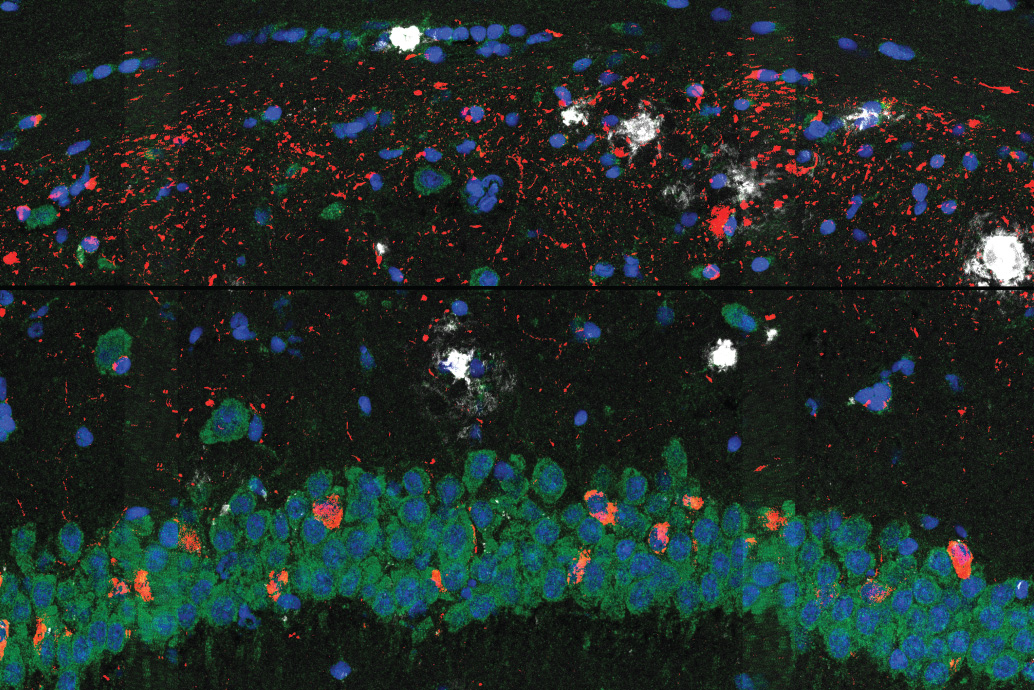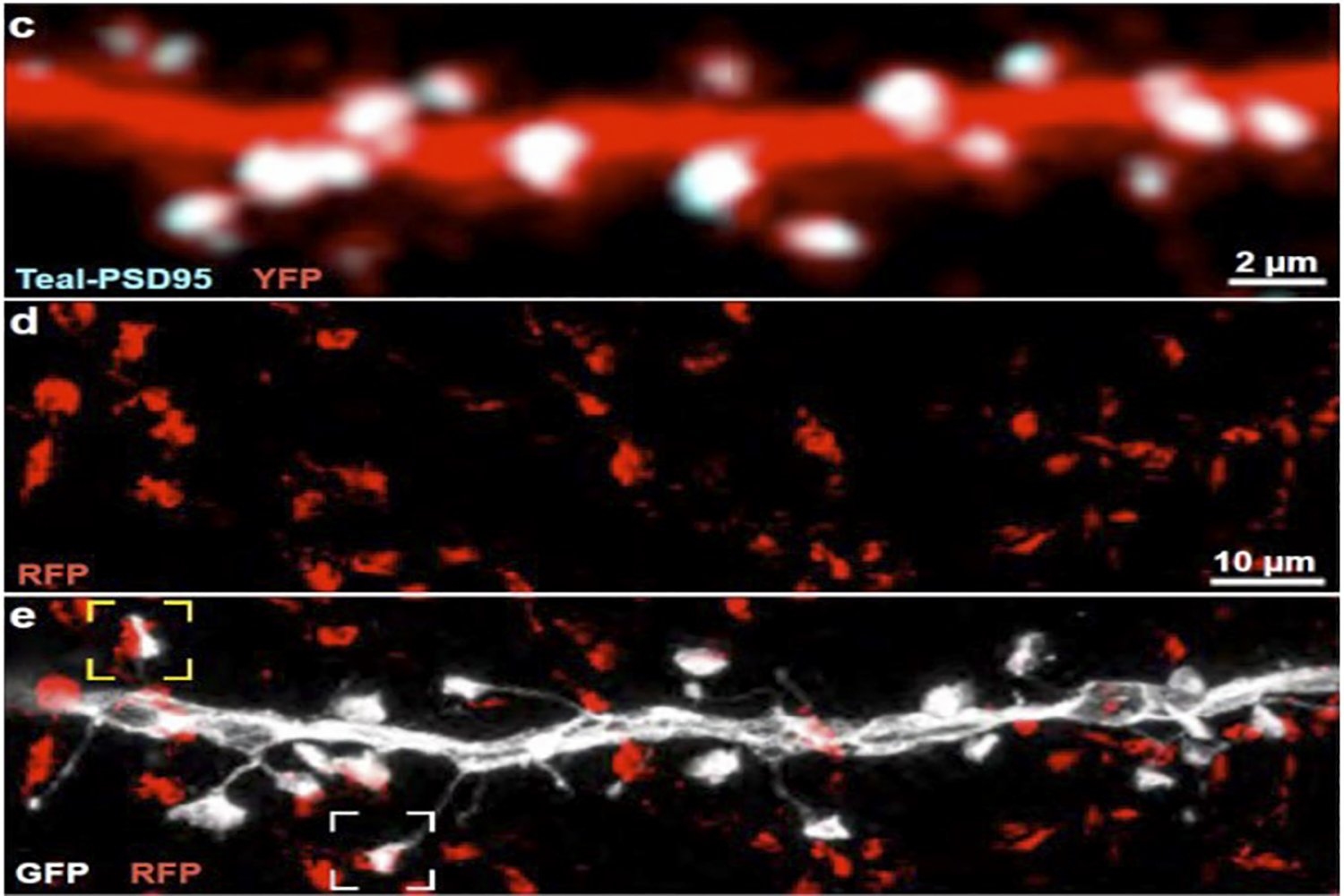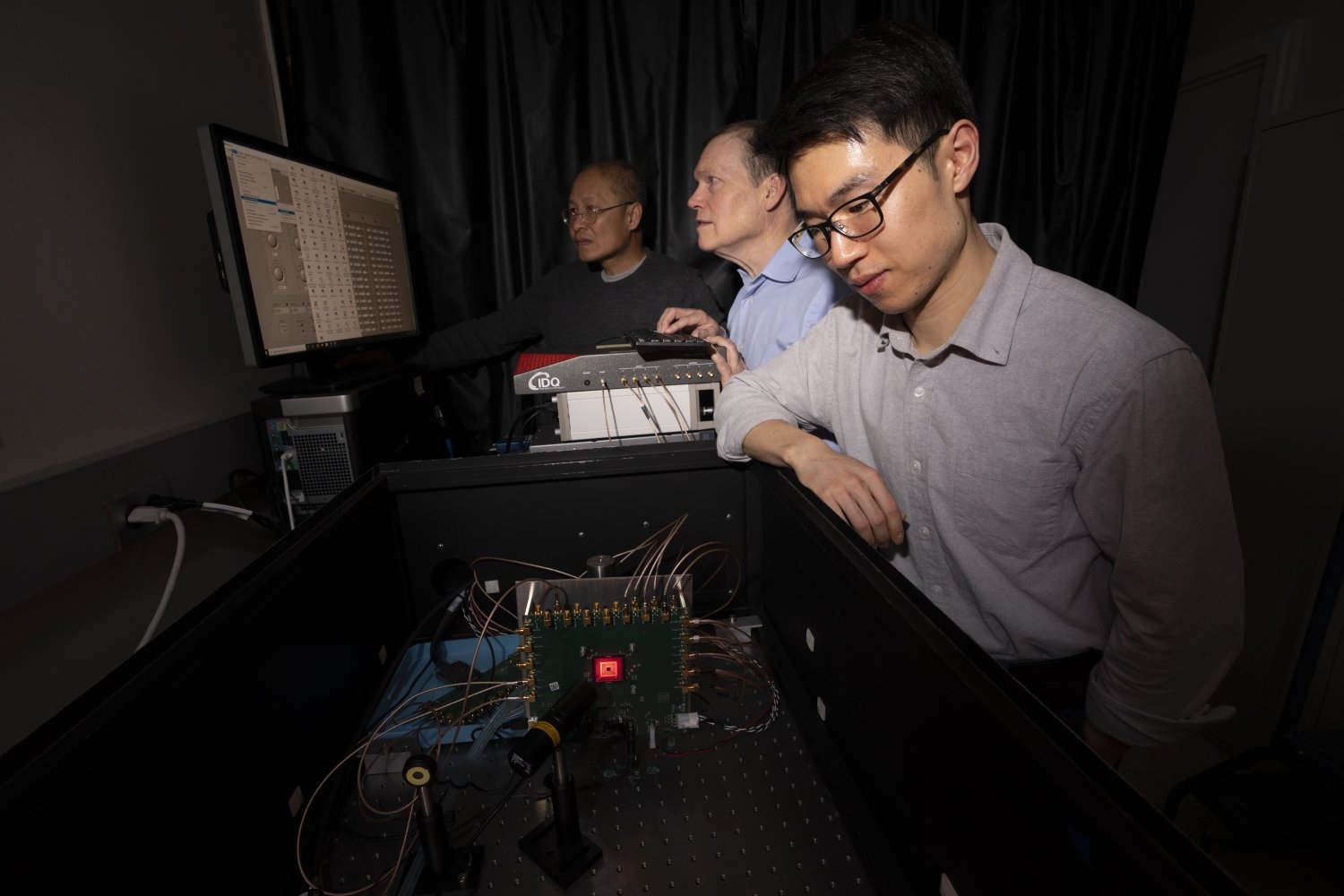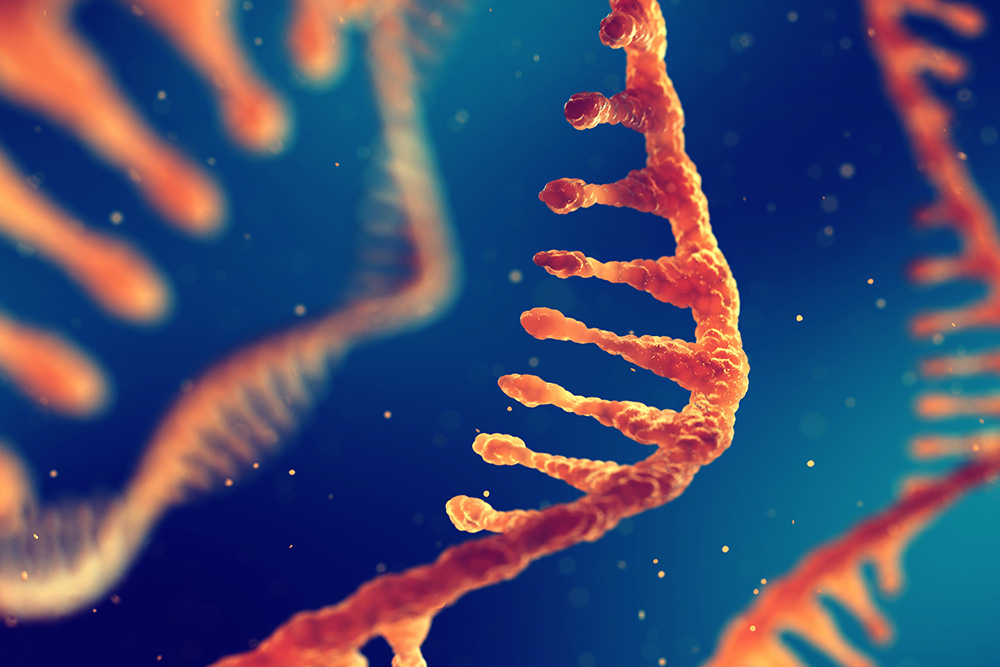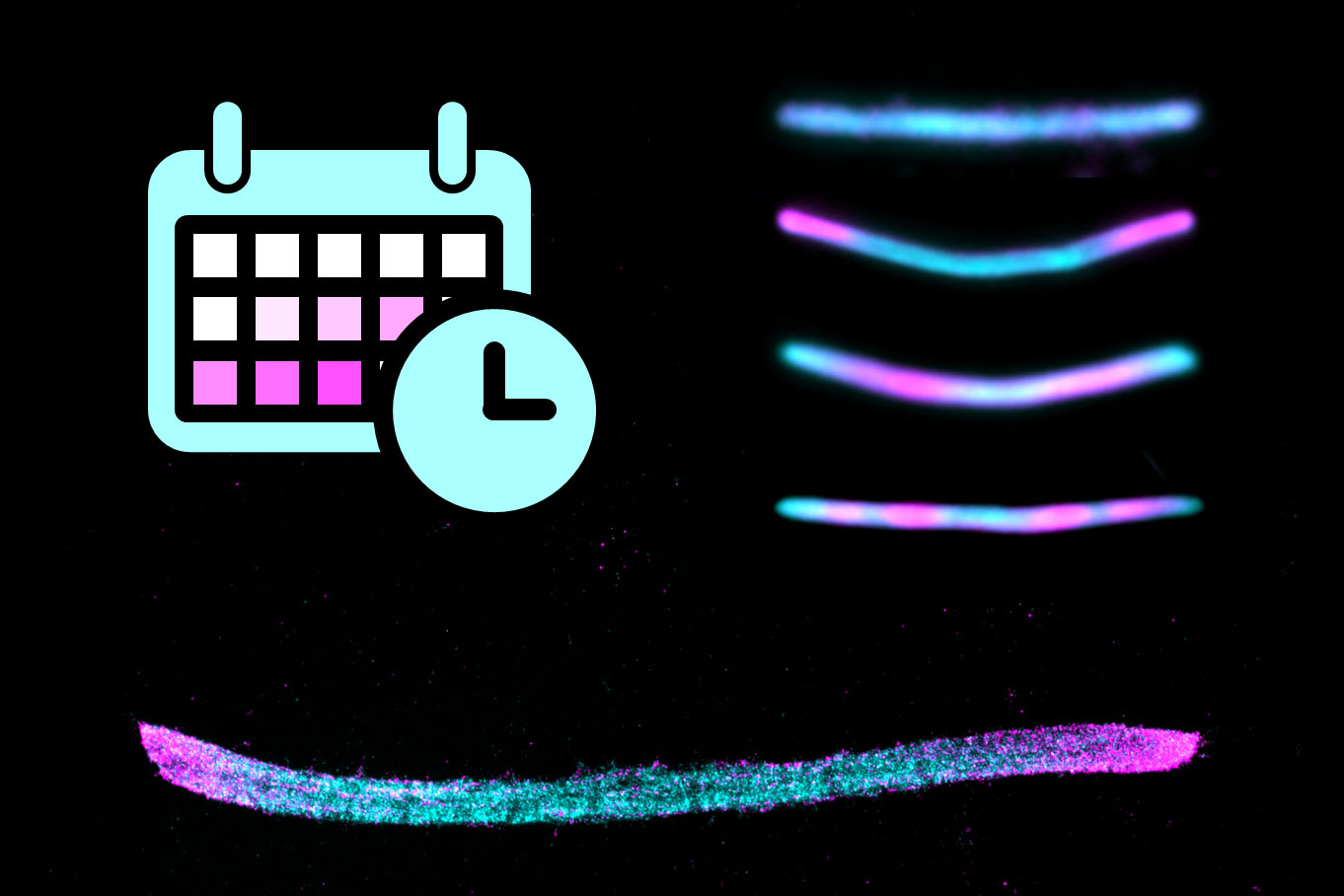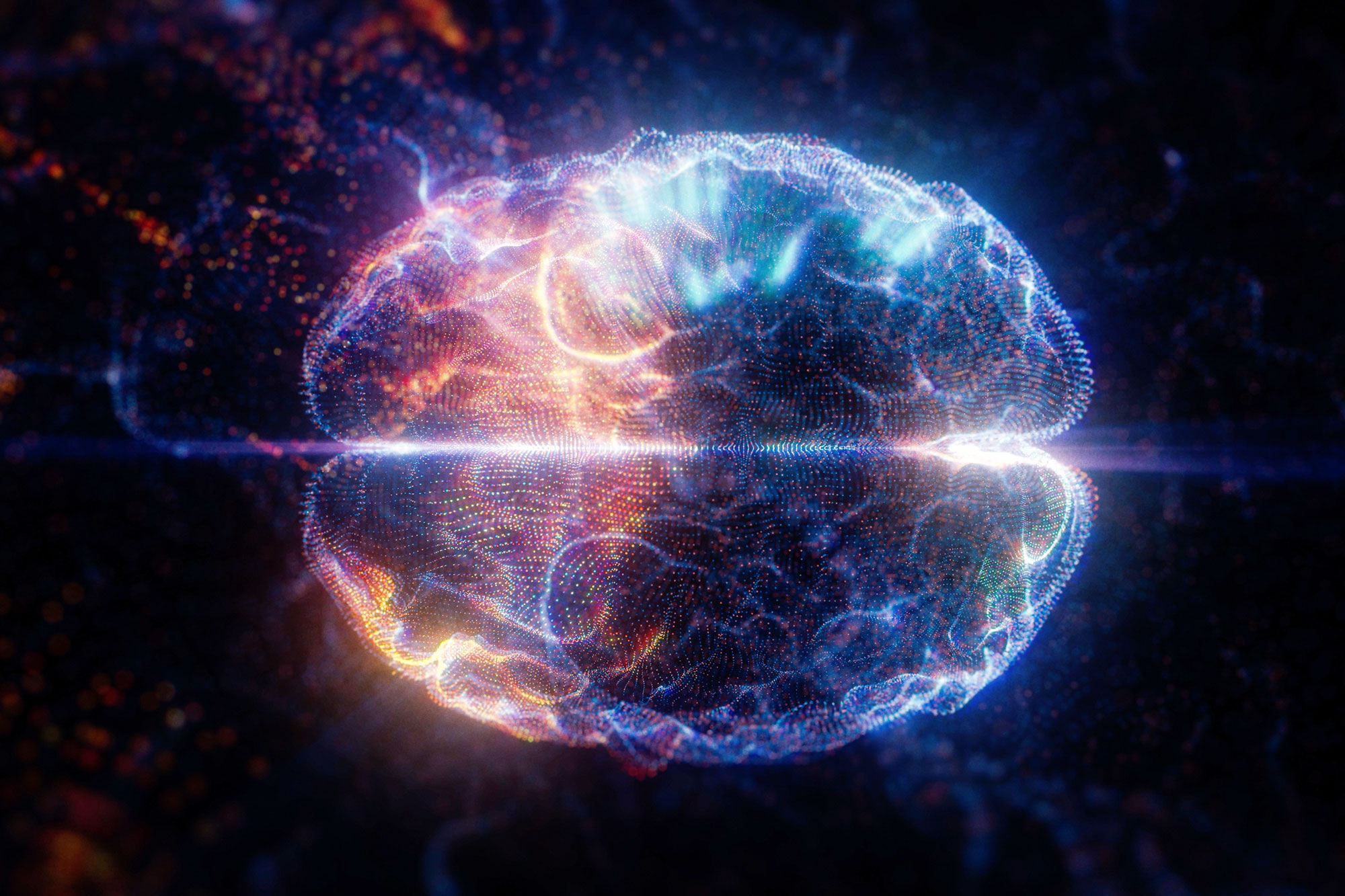Sparse, small, but diverse neural connections help make perception reliable, efficient
First detailed mapping and modeling of thalamus inputs onto visual cortex neurons show brain leverages “wisdom of the crowd” to process sensory information.
David Orenstein | Picower Institute for Learning and Memory •
mit
Feb. 2, 2023 • ~9 min
Feb. 2, 2023 • ~9 min
New technologies reveal cross-cutting breakdowns in Alzheimer’s disease
“Single-cell profiling” is helping neuroscientists see how disease affects major brain cell types and identify common, potentially targetable pathways.
David Orenstein | Picower Institute for Learning and Memory •
mit
Jan. 18, 2023 • ~6 min
Jan. 18, 2023 • ~6 min
Holding information in mind may mean storing it among synapses
Comparing models of working memory with real-world data, MIT researchers find information resides not in persistent neural activity, but in the pattern of its connections.
David Orenstein | Picower Institute for Learning and Memory •
mit
Jan. 12, 2023 • ~8 min
Jan. 12, 2023 • ~8 min
/
64


